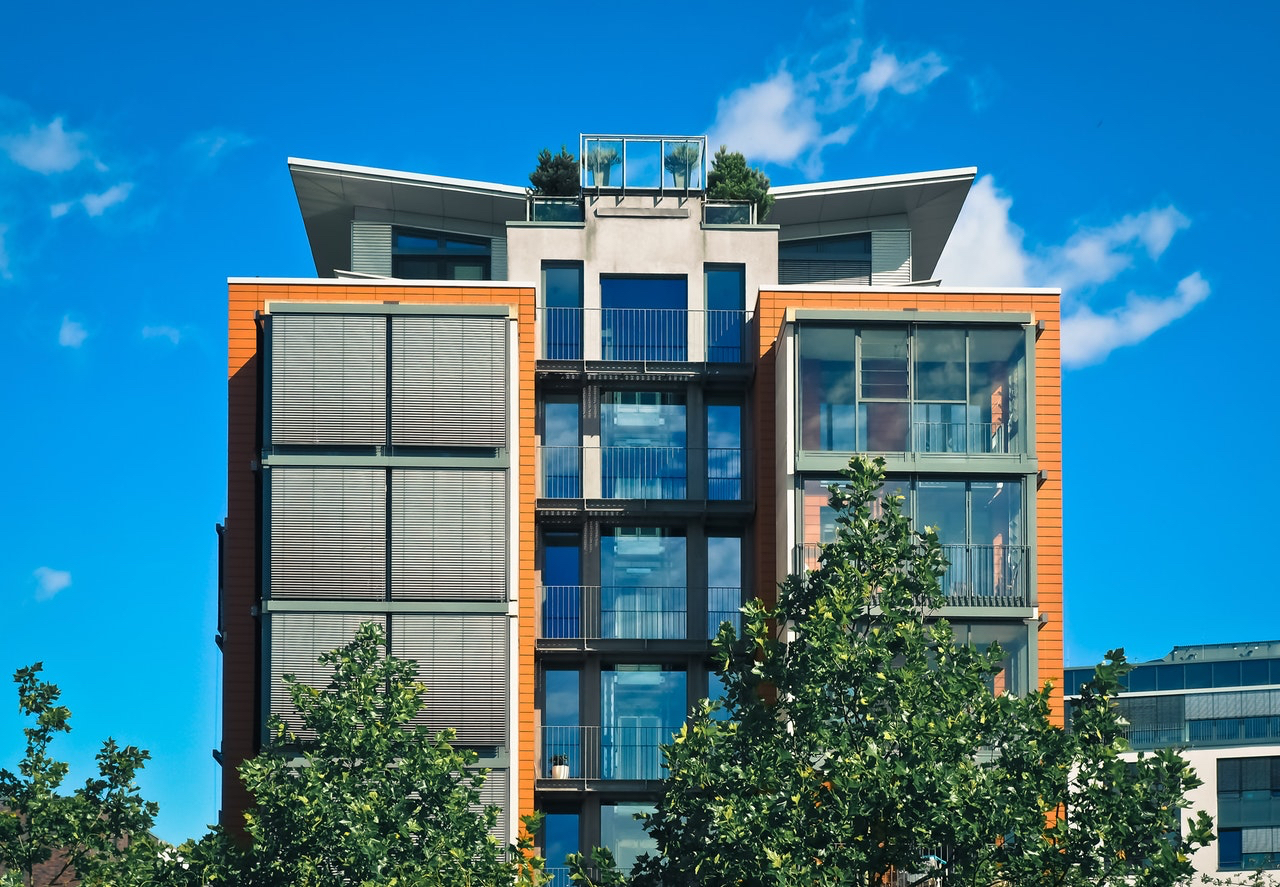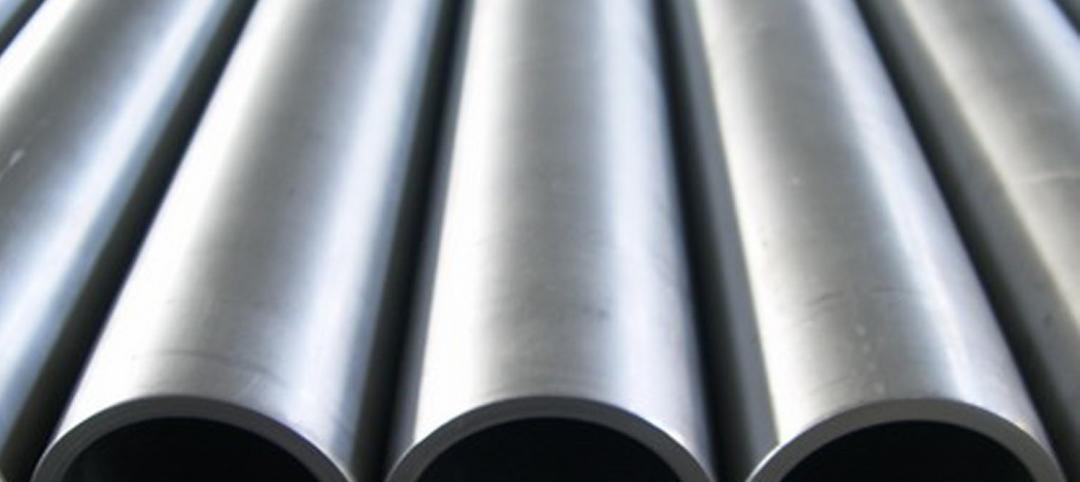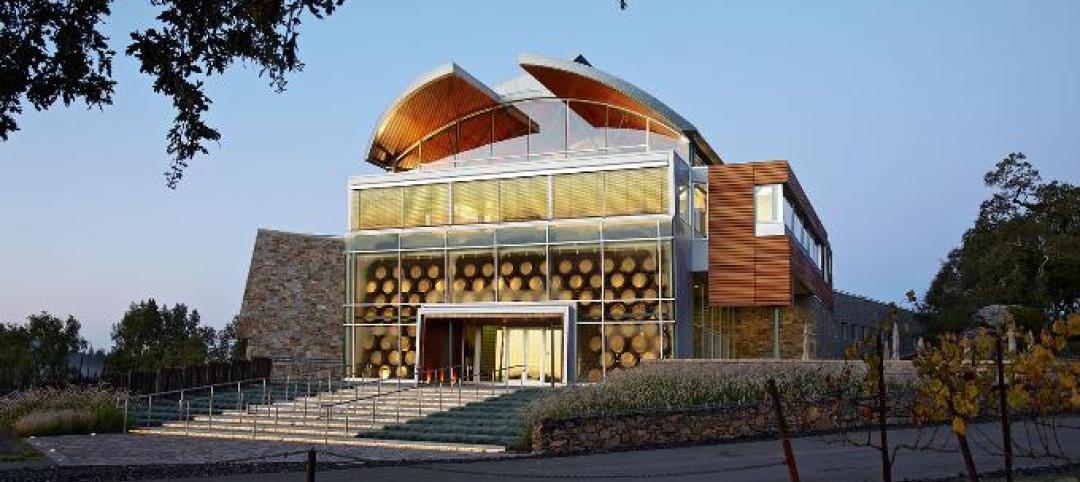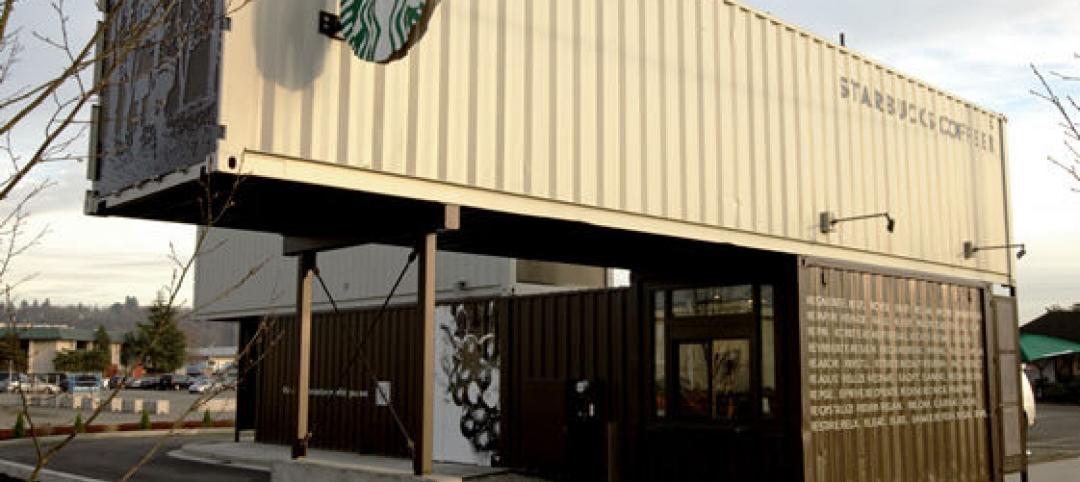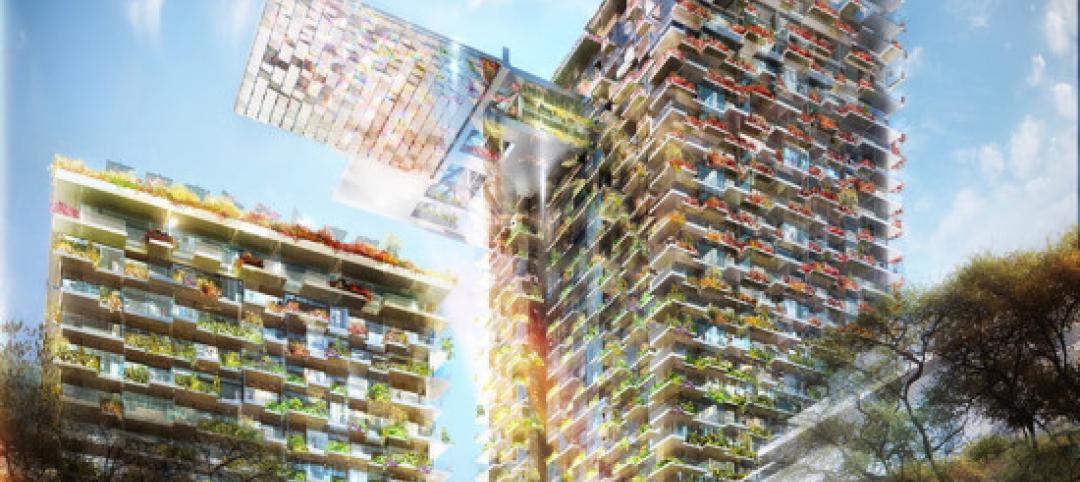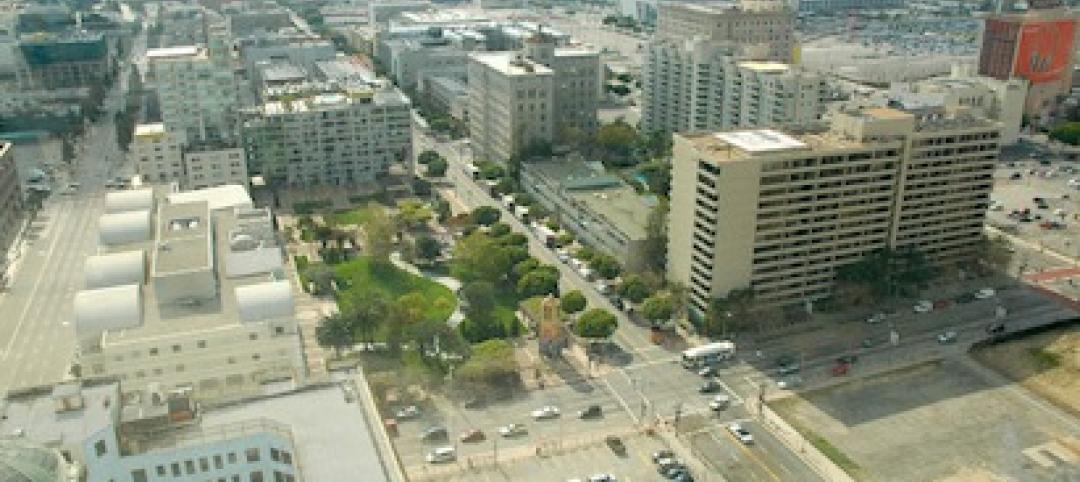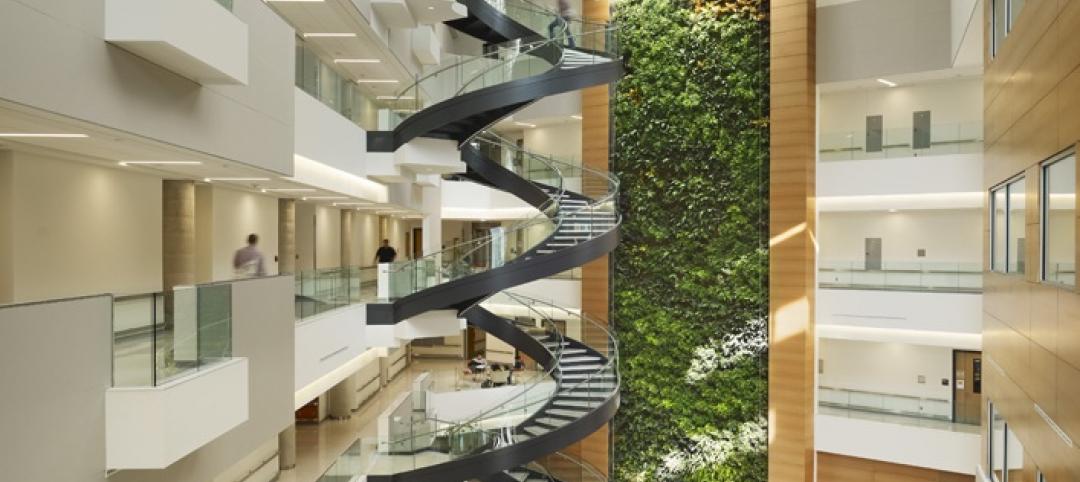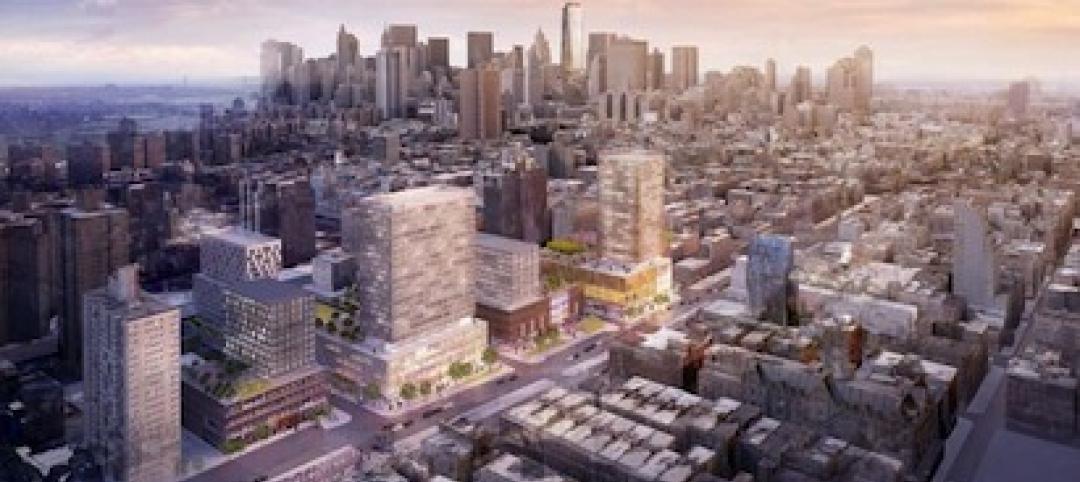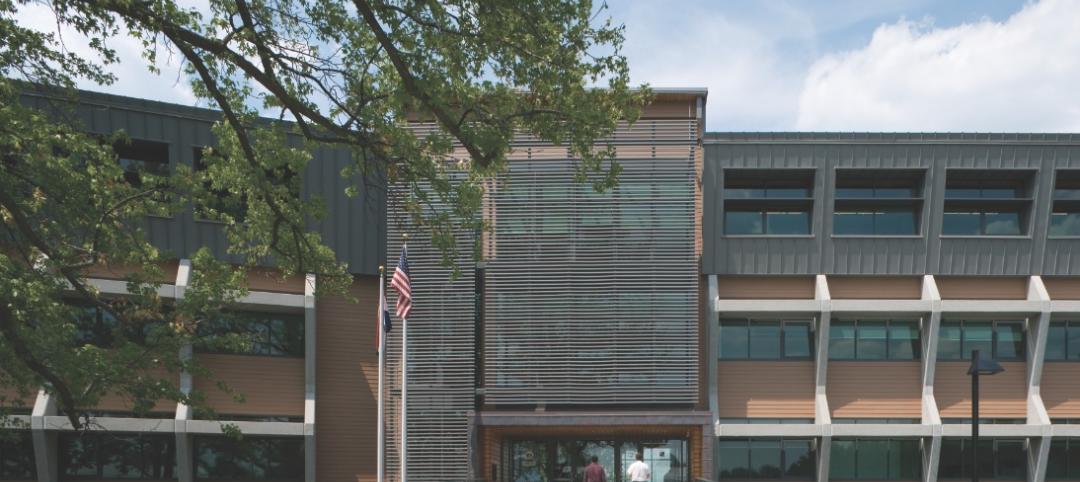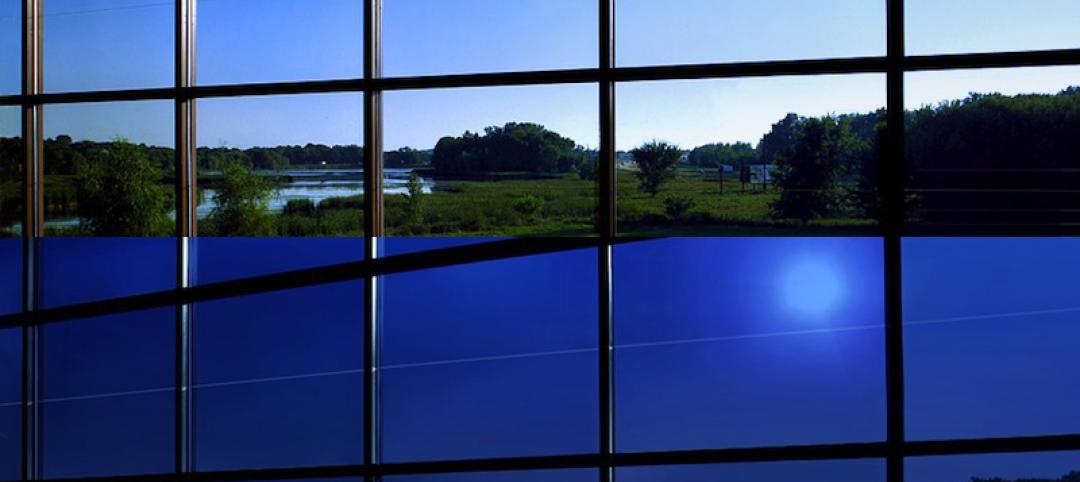Brace yourself. I’m about to unleash a tsunami of data to make the argument that the multifamily market is still going strong, despite all the sturm und drang about the coming global economic slowdown and its possible negative effect on apartment starts. Thanks to economist Danushka Nanayakkara-Skillington, the NAHB’s Assistant Vice President for Forecasting & Analysis, and Robert Dietz, PhD, NAHB Chief Economist, who presented the data at the 2019 NAHB International Builders’ Show.
Multifamily housing starts should hit 379,000 units this year. That’s 2% down from 2018’s 386,000, but well ahead (by 10%) of the average for multifamily starts from 2000 to 2007 and not that far off of the post-recession high of 394,000 in 2015.
Multifamily’s share of total housing under construction continues to run in the mid- to high-50% range. That’s probably because single-family construction has still not fully ramped up, although its slope is still up and to the right.
Rental production continues to dominate multifamily construction. The built-for-rent share of multifamily construction has held steady in the 90-95% range for the last five years. Somewhere in America there are brave souls who are building condominiums and for-sale townhomes, but apparently they are few and far between. Demand for rental at all price points continues to be the guiding force in the multifamily market.
According to the Joint Center for Housing Studies at Harvard University,
nearly half of all renters (47%) are “cost-burdened”: they pay more than 30%
of household income for their apartments. Of these 20.8 million cost-burdened
renters, 11.0 million pay more than half their family income for shelter.
Bigger projects provide the bulk of the units in completed multifamily buildings. Projects with 50 or more dwelling units supplied more than half (52%) of the 357,000 completed multifamily residences in 2017 (the last year for which U.S. Census Bureau data was available). Mid-size projects (10 to 49 units) accounted for 40% of completed dwelling units; projects with less than 10 residences yielded the remaining 7-8%. Scale matters.
Multifamily housing starts returned to 107% of normal in Q3/2018. Multifamily starts have returned to normal or above from the market bottom in 2009 in 27 states and the District of Columbia. Alabama is the only state that has not dug out of the trough since 2009.
The senior market may be slowing a bit, but it’s still positive. The NAHB 55+ Housing Market Index fell from a high of 68 in mid-2018, to 56 later in the year. Since any score over 50 indicates a positive attitude by builders and developers, it looks like the market influencers still see senior living facilities as a viable opportunity. My fellow baby boomers and I aren’t getting any younger.
To summarize, apartments are being built, and in goodly number. That’s the rosy side of the multifamily picture. The flip side is that not enough of it is affordable.
According to the Joint Center for Housing Studies at Harvard University, nearly half of all renters (47%) are “cost-burdened”: they pay more than 30% of household income for their apartments. Of these 20.8 million cost-burdened renters, 11.0 million pay more than half their family income for shelter.
Hardest hit: single-parent families and those over age 65.
Those are sobering statistics. What do you think can be done to address this problem?
Related Stories
| Oct 18, 2013
Researchers discover tension-fusing properties of metal
When a group of MIT researchers recently discovered that stress can cause metal alloy to fuse rather than break apart, they assumed it must be a mistake. It wasn't. The surprising finding could lead to self-healing materials that repair early damage before it has a chance to spread.
| Oct 7, 2013
10 award-winning metal building projects
The FDNY Fireboat Firehouse in New York and the Cirrus Logic Building in Austin, Texas, are among nine projects named winners of the 2013 Chairman’s Award by the Metal Construction Association for outstanding design and construction.
| Oct 7, 2013
Reimagining the metal shipping container
With origins tracing back to the mid-1950s, the modern metal shipping container continues to serve as a secure, practical vessel for transporting valuable materials. However, these reusable steel boxes have recently garnered considerable attention from architects and constructors as attractive building materials.
| Oct 4, 2013
Sydney to get world's tallest 'living' façade
The One Central Park Tower development consists of two, 380-foot-tall towers covered in a series of living walls and vertical gardens that will extend the full height of the buildings.
| Oct 4, 2013
Mack Urban, AECOM acquire six acres for development in LA's South Park district
Mack Urban and AECOM Capital, the investment fund of AECOM Technology Corporation (NYSE: ACM), have acquired six acres of land in downtown Los Angeles’ South Park district located in the central business district (CBD).
| Sep 24, 2013
8 grand green roofs (and walls)
A dramatic interior green wall at Drexel University and a massive, 4.4-acre vegetated roof at the Kauffman Performing Arts Center in Kansas City are among the projects honored in the 2013 Green Roof and Wall Awards of Excellence.
| Sep 23, 2013
Six-acre Essex Crossing development set to transform vacant New York property
A six-acre parcel on the Lower East Side of New York City, vacant since tenements were torn down in 1967, will be the site of the new Essex Crossing mixed-use development. The product of a compromise between Mayor Michael Bloomberg and various interested community groups, the complex will include ~1,000 apartments.
| Sep 20, 2013
August housing starts reveal multifamily still healthy but single-family stagnating
Peter Muoio, Ph.D., senior principal and economist with Auction.com Research, says the Census Bureau's August Housing Starts data released yesterday hints at improvements in the single-family sector with multifamily slowing down.
| Sep 19, 2013
What we can learn from the world’s greenest buildings
Renowned green building author, Jerry Yudelson, offers five valuable lessons for designers, contractors, and building owners, based on a study of 55 high-performance projects from around the world.
| Sep 19, 2013
6 emerging energy-management glazing technologies
Phase-change materials, electrochromic glass, and building-integrated PVs are among the breakthrough glazing technologies that are taking energy performance to a new level.


